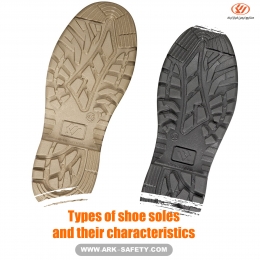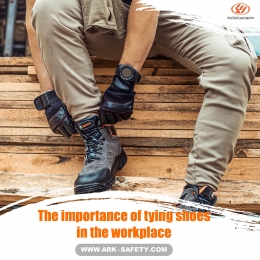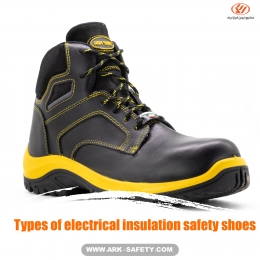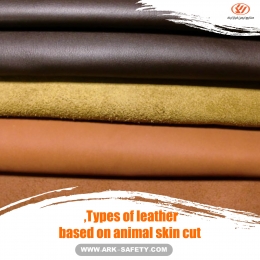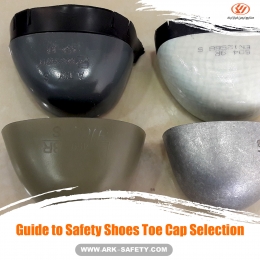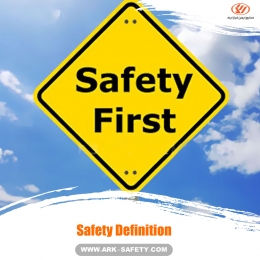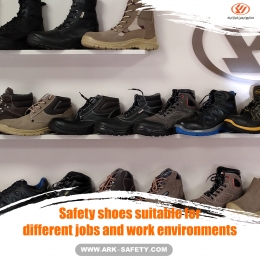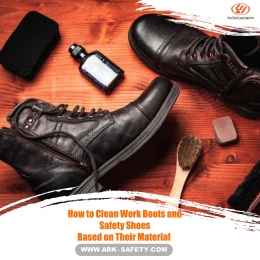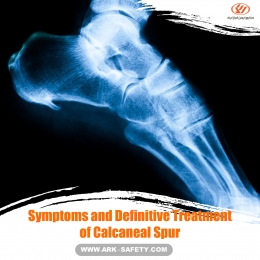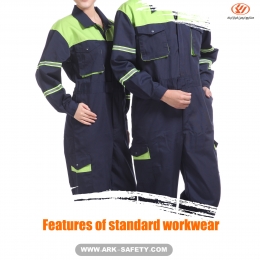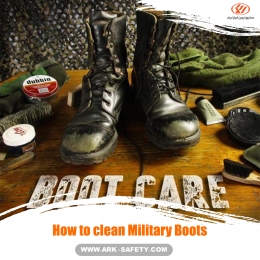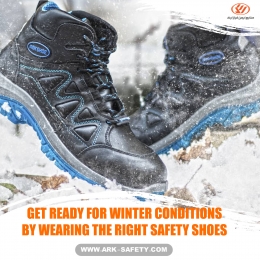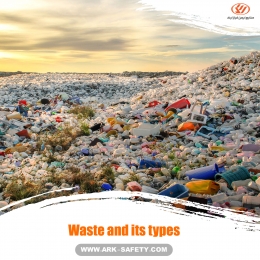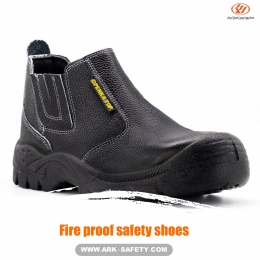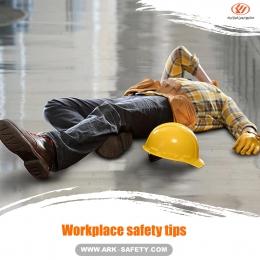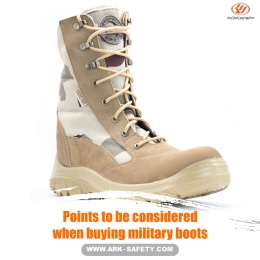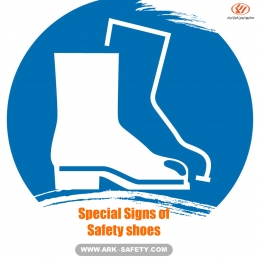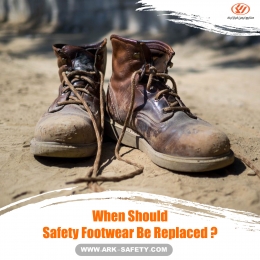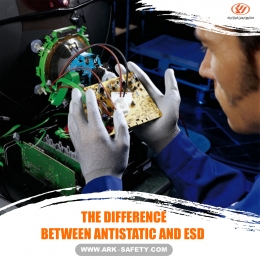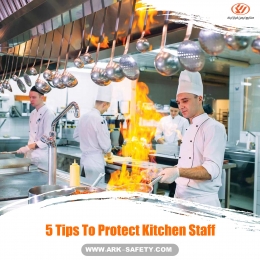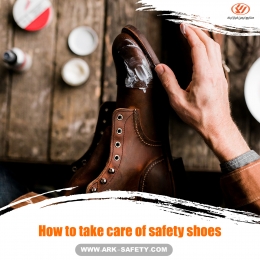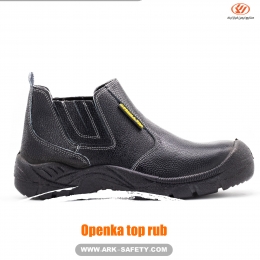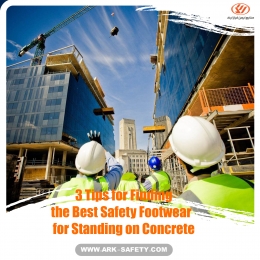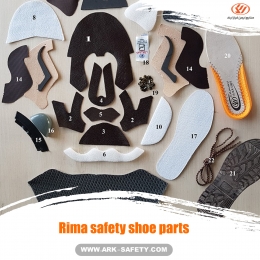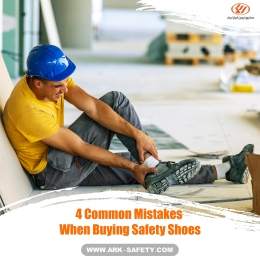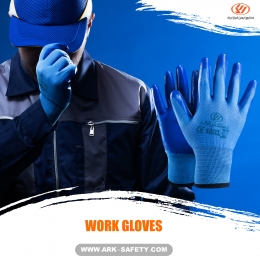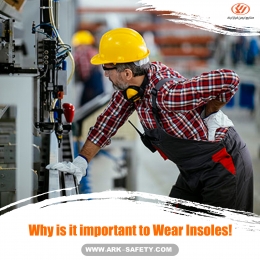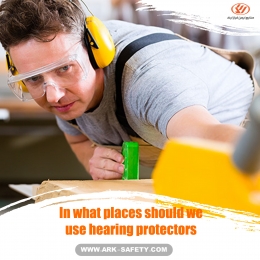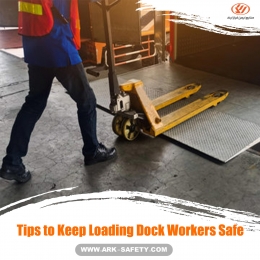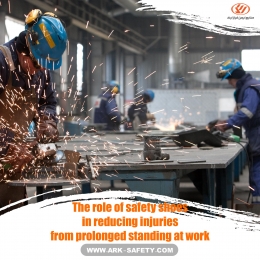Close
5 Tips To Protect Kitchen Staff
As with any other workplace, restaurant managers have an obligation to ensure the safety of their employees and mitigate any risks that may lead to injury on the job. There are many proactive ways to protect your kitchen staff from common injuries, such as burns, cuts, punctures and lacerations, exposure to chemicals, slips, trips, and falls, eye injuries, and sprains and strains. Use these tips to protect your staff in busy kitchens.
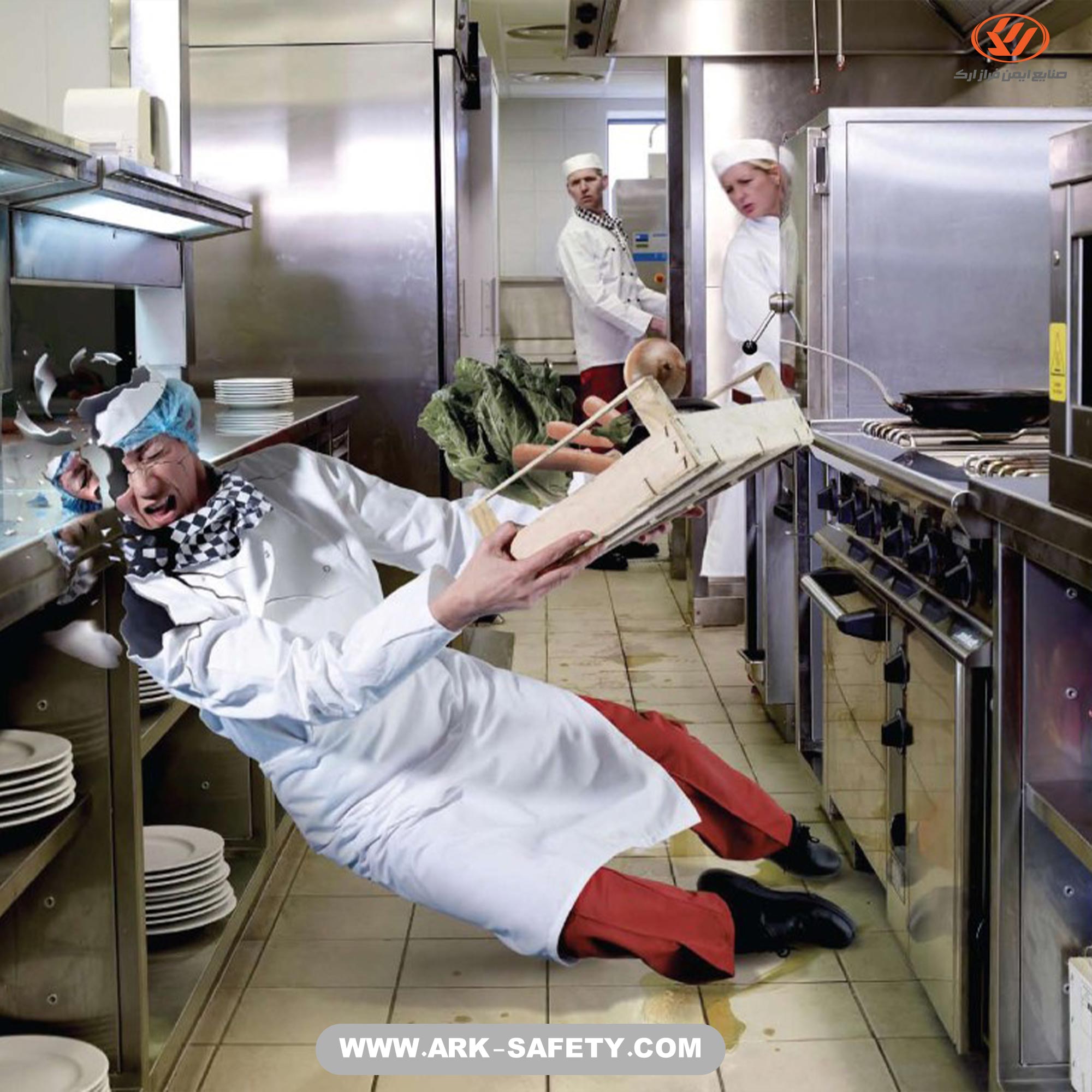

Keep danger prone areas less crowded and the kitchen well organized
Kitchens tend to be incredibly busy at specific times of the day, with many things going on simultaneously—preparing ingredients, cooking, washing dishes, and serving up meals, all with servers coming in and out of the kitchen. Try to reduce the number of people who need to access the kitchen directly, like the servers and dishwashers. Then segregate the remaining duties so that there aren’t many people in the cooking areas, to reduce the risk of burns and scalds from hot grease, deep fryers, and hot surfaces.
Get slip resistant and ergonomic work boots for kitchen staff
Wet and slippery floors, spills, and delays in cleaning, especially during the busy hours, drastically increase the risk of slips, trips, and falls. Additionally, standing for extended periods in one position on a hard surface can result in back pain, muscle fatigue, and soreness in the legs and feet. Getting the right work boots can reduce slips and falls; ensure comfort by offering breathability, water resistance, and comfort; and protect the feet via the steel toe feature.
Related article: The role of safety shoes in reducing injuries from prolonged standing at work
Related article: The role of safety shoes in reducing injuries from prolonged standing at work
Use the right tools for the job
Simple things such as using the wrong tool for the job or cutting with a blunt knife, can cause you to use a lot more effort than is needed. If done repeatedly, it can lead to soreness, fatigue, and injury. Slicing and baking equipment should also have working guards to avoid cuts.
Train them on fundamental ergonomic and safety practises
Employees should avoiding lifting heavy items without the necessary help. Working in awkward or unnatural positions can also lead to muscle pain, strains, sprains, and nerve damage in the shoulders, upper and lower back, neck, and limb joints.
Related article: Workplace safety tips
Related article: Workplace safety tips
Store chemicals properly
Exposure to cleaning, maintenance, and disinfecting chemicals can not only lead to contamination, but also skin and eye irritation and respiratory problems.
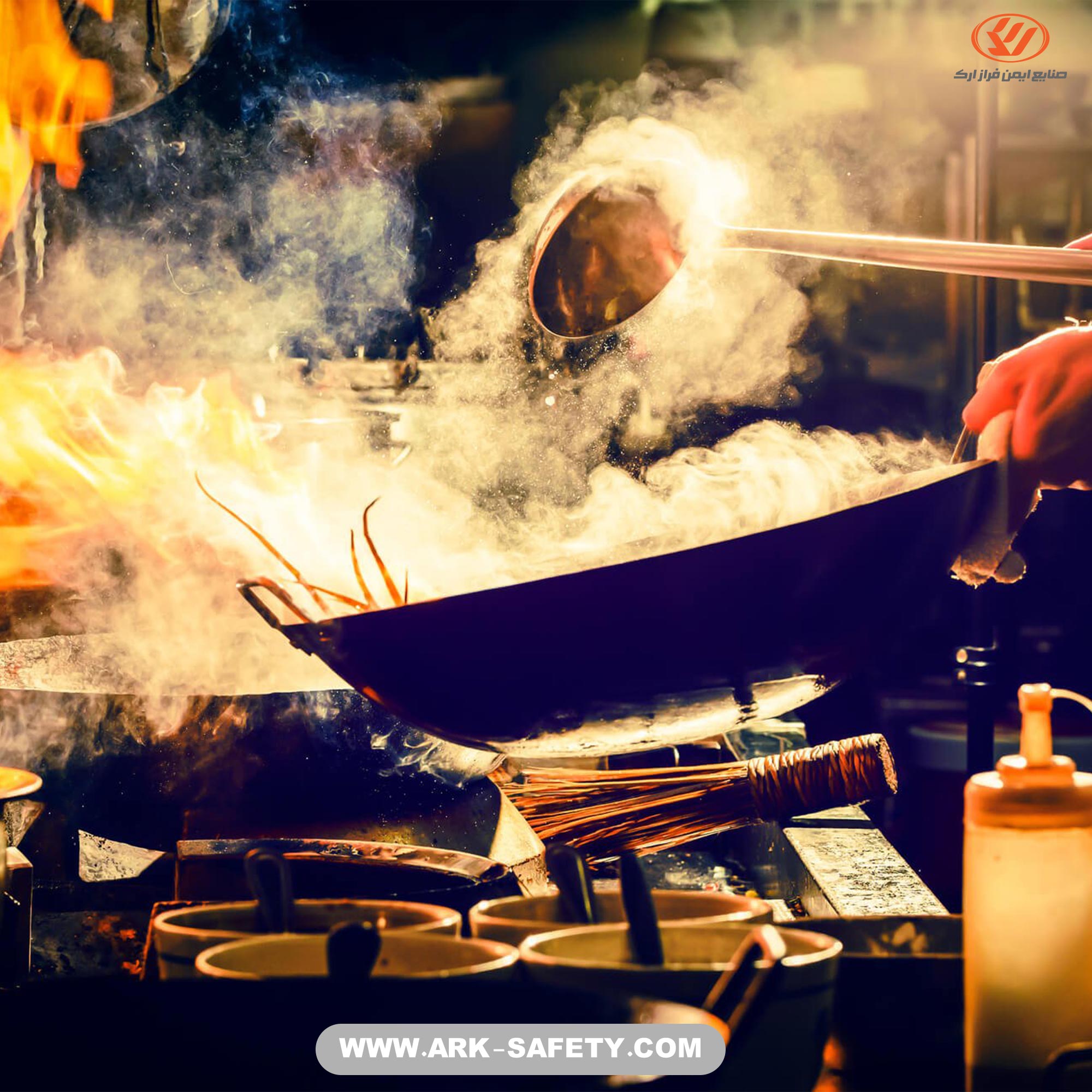
Start with a workplace assessment
If you want to make your kitchen safer, start by talking to the staff who spend all their time there. Find out what hazardous conditions they’re worried about. Only after you’ve identified the problems can you implement the appropriate strategies to make the kitchen less dangerous for your staff.
Best safety shoes for kitchen staff
Having the appropriate safety shoes are one of the main factors in workplace safety. Openka safety shoes are designed to protect staff in kitchens and labs. Openka safety shoes have steel toes with 200 Joules impact resistance, first grade TPU-PU outsoles which make the shoes anti-wear, anti-slip and resistant to oil and grease solvents. These features make them the best choice for kitchens and laboratories and chemical environments.
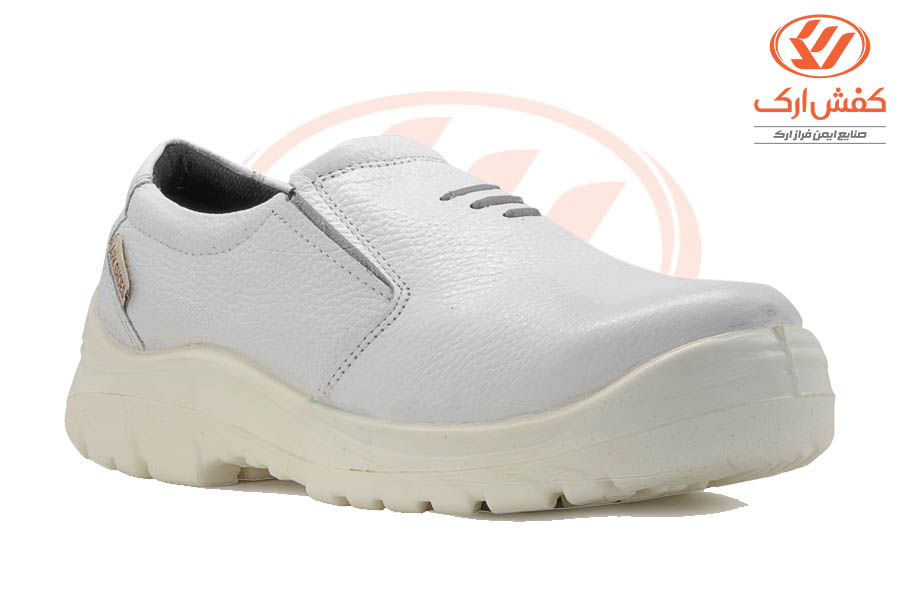

Opekna safety shoes are produced in 4 models:
- Openka white safety shoes
- Openka Safety Shoes
- Openka PU-TPU Safety Shoes
- Openka White PU-TPU Safety Shoes
Ark Safety Industry, manufacturer of safety shoes in different styles, materials, colors and designs, always tries to provide the best and most comfortable safety shoes suitable for your profession. To view various models of Ark safety industries products, you can refer to the "Safety shoes" section and order your desired model. To better choose safety shoes suitable for your job and profession, you can read the article "Safety shoes suitable for different jobs and work environments".

 Military Shoe
Military Shoe
 Safety Shoe
Safety Shoe
 Work Wear
Work Wear
 Office Shoe
Office Shoe
 Hiking Shoe
Hiking Shoe
